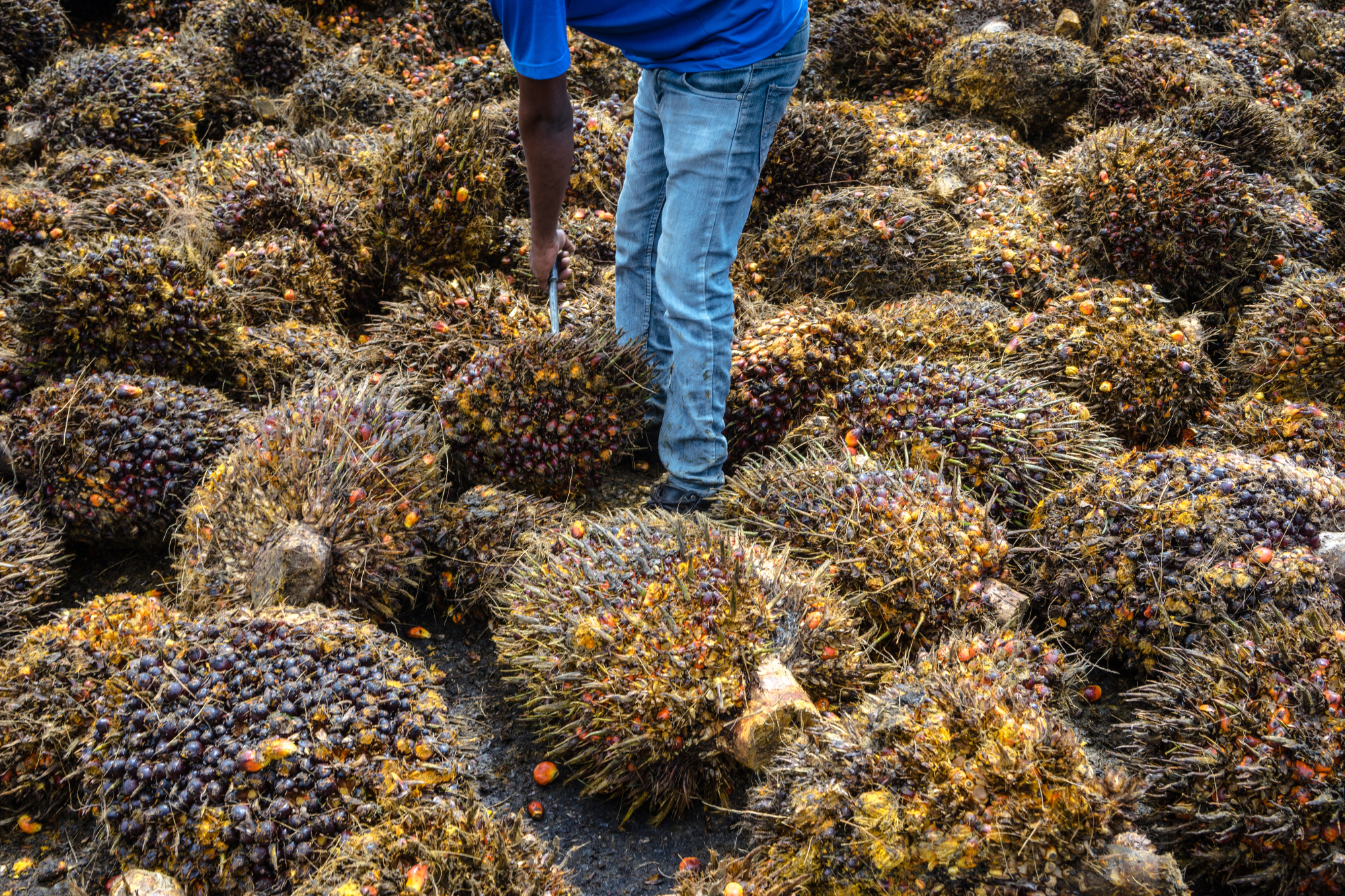What started as a way to cut Japan's dependence on imported fossil fuels has led to an expected surge in a different and equally controversial energy source: palm oil.
Government incentives instituted in the wake of the Fukushima reactor meltdowns in 2011 guarantee prices for power generated by renewable sources such as solar, wind and biomass. Palm oil, scorned by environmentalists who say its production destroys rain forests and peatlands, is becoming more popular because facilities that burn it are among the cheapest to build.
Government approvals for projects that utilize "general wood" materials, a category that includes palm oil, almost quadrupled in the year through March. The category's total capacity approved since the program began in 2012 soared to 11.5 gigawatts, up from just 3 gigawatts in 2016, and palm oil projects account for almost 40 percent, according to government data.
















With your current subscription plan you can comment on stories. However, before writing your first comment, please create a display name in the Profile section of your subscriber account page.